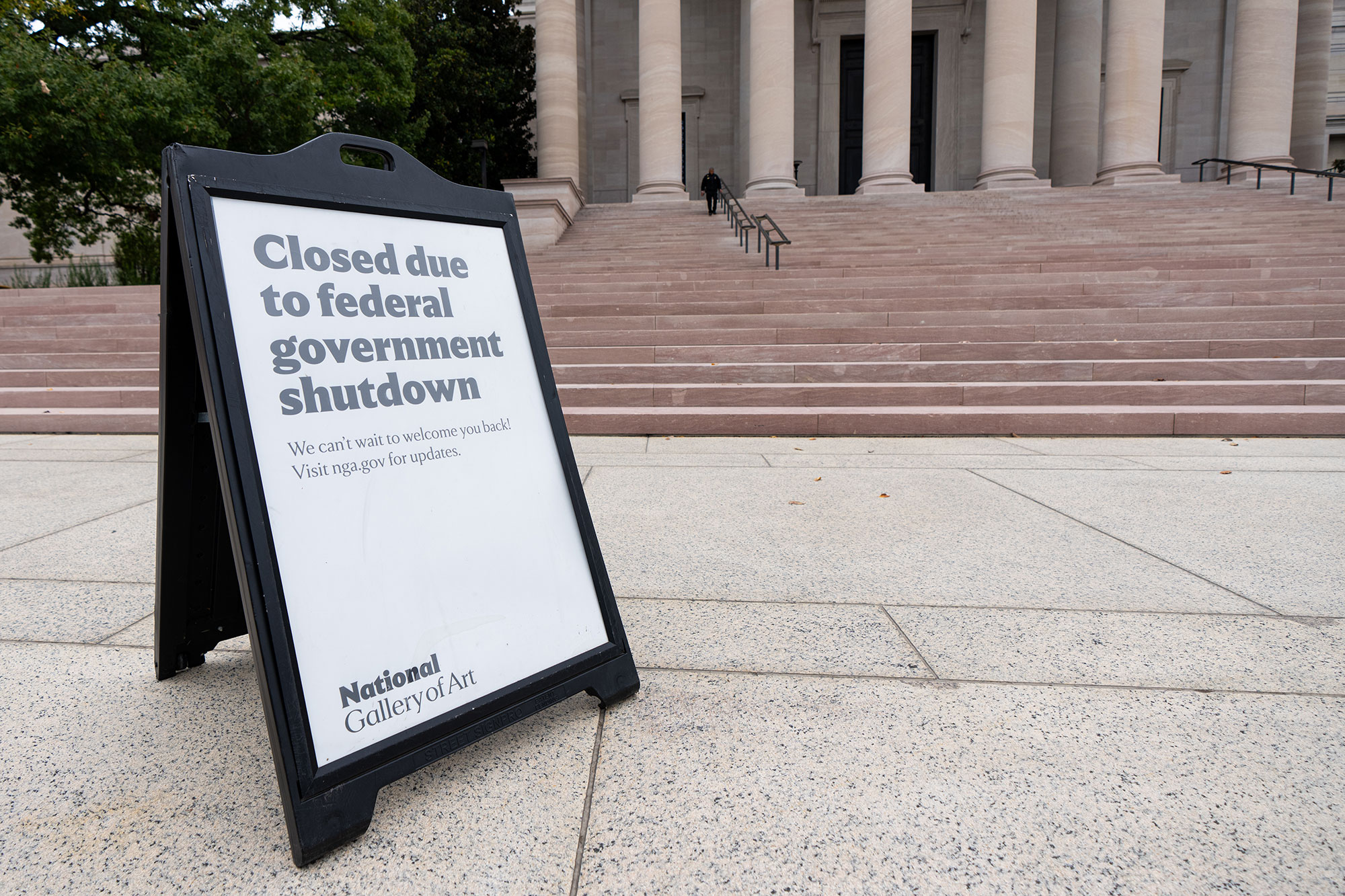On Sept. 22, 2025, the United Nations Human Rights Council (UNHRC) met for its 60th regular session.
Established in 2006 to replace the discredited UN Commission on Human Rights, the UNHRC is tasked with promoting and protecting human rights globally. But despite its lofty mandate, the UNHRC remains as one of the most controversial bodies within the international system.
Critics argue that countries with poor human rights records, including authoritarian regimes, regularly secure membership and use their positions to shield themselves and allies from accountability.
The UNHRC operates as an intergovernmental body of 47 member states elected by the UN General Assembly for three-year terms. Members are distributed across regional groups, with Africa and Asia holding the largest representation. The Council meets in regular sessions three times per year in Geneva, addressing human rights situations worldwide through various mechanisms including country-specific resolutions, thematic mandates, and the Universal Periodic Review (UPR) process.
Thematic mandates are mechanisms that investigate specific human rights issues worldwide. The UPR is a cooperative process where all UN Member States’ human rights records are reviewed every few years, allowing them to report on their actions, receive recommendations, and track progress on human rights obligations.
The 47 current members of the UNHRC for 2025 are: Albania, Algeria, Bangladesh, Belgium, Benin, Bolivia, Brazil, Bulgaria, Burundi, Chile, China, Colombia, Costa Rica, Côte d’Ivoire, Cuba, Cyprus, Czechia, Democratic Republic of the Congo, Dominican Republic, Ethiopia, France, Gambia, Georgia, Germany, Ghana, Iceland, Indonesia, Japan, Kenya, Kuwait, Kyrgyzstan, Malawi, Maldives, Marshall Islands, Mexico, Morocco, Netherlands (Kingdom of the), North Macedonia, Qatar, Republic of Korea, Romania, South Africa, Spain, Sudan, Switzerland, Thailand, and Viet Nam.
You will note several countries in that list that no one would hold up as a paragon of human rights.
According to BBC News, Sudan was plunged into a civil war in April 2023 after a vicious struggle for power broke out between its army and a powerful paramilitary group, the Rapid Support Forces (RSF).
This Sudanese civil war has led to a famine and claims of a genocide in the western Darfur region, with many believing that the RSF and allied militias have waged a war aimed at transforming the ethnically mixed region into an Arab-ruled domain.
In March 2024, the UN children’s agency, Unicef, gave harrowing accounts of armed men raping and sexually assaulting children as young as one in Sudan.
China also has its own profound human rights violations. The US State Department’s website states: “The Chinese Communist Party (CCP) is waging a targeted campaign against Uyghur women, men, and children, and members of other Turkic Muslim minority groups in Xinjiang, China. Documented human rights abuses include coercive population control methods, forced labor, arbitrary detention in internment camps, torture, physical and sexual abuse, mass surveillance, family separation, and repression of cultural and religious expression.”
Despite the significant human rights council in Sudan, China and many other countries, the Council has a disproportionate focus on the State of Israel.
From its creation in June 2006 through June 2016, the UNHRC has adopted 135 resolutions criticizing countries; 68 out of those 135, more than 50%, have been against Israel.
More recently, from 2006 through 2022, the UN Human Rights Council has adopted 99 resolutions against Israel, 41 against Syria, 13 against Iran, 4 against Russia, and 3 against Venezuela.
Israel is condemned with four one-sided and biased resolutions each year whereas oppressive regimes like Iran and North Korea are criticized in only one resolution and most of the world’s worst regimes are not subject to any criticism.
Israel is also the only country with a permanent Council agenda item dedicated to it (Agenda Item 7), ensuring discussion of the “Human rights situation in Palestine and other occupied Arab territories” at every regular session.
Unfortunately, the evidence suggests the UN Human Rights Council often does little to protect human rights while doing a lot to give cover to authoritarian regimes and to try to discredit the State of Israel.
Related
Lynn Schmidt
Lynn Schmidt holds a bachelor of science in nursing from the University of North Carolina at Greensboro and a masters of science majoring in political science from the University of Nebraska-Omaha. She is a freelance columnist and editorial board member with the St. Louis Post-Dispatch and a monthly contributor to The Fulcrum. Lynn lives in St. Charles, Missouri with her husband and two daughters.




